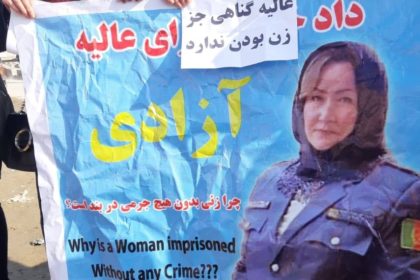RASC News Agency: Nabi Saqi, an Afghanistani writer and historian, asserts that the desire for Khorasan, along with an affinity for Iran, represents a deep sense of nostalgia and historical longing, even while respecting internationally recognized borders. In a Facebook post, Saqi writes:
“Khorasan is one of the three great branches of Islamic civilization. From Abu Muslim Khorasani to Ismail Samani, from Ibn Sina of Balkh to Rumi, from Tahir of Pushtun to Ya’qub al-Layth al-Saffar, from Imam Muhammad Ghazali to Imam Ismail Bukhari, from Mahmud of Ghazni to Muhammad Sam Ghor, and from Shah Rukh Timurid to Ahmad Shah Durrani, all are bound to Khorasan.”
He continues:
“Our history and civilization are, in essence, Khorasani. Without Khorasan, we are adrift, severed from our past, and disconnected from our identity.” Saqi believes that today, the concept of Khorasan has evolved into a powerful awareness for all those with Khorasani heritage, as well as for various ethnic groups throughout the region.
He further elaborates:
“The name of a country and its land is inherently tied to two things: the history and civilization of that land, and the will of its people. No name can be imposed or forced upon a land. The people of this land, regardless of their ethnicity, have the right to agree upon a name, to consciously choose one that resonates with them. When others continuously label you as foreign, alien, or assign narrow and divisive identities, it is only natural for you to react.”
Saqi argues that the desire for Khorasan is a direct consequence of one-sided Afghan nationalism and a reaction to inter-ethnic conflicts. He emphasizes, “The more ethnic exclusivity is championed, the more people are compelled to seek alternative routes for their identity.” Meanwhile, Afghanistani poet Kawa Jobran has noted that the Khorasan movement has entered the political arena and become an active force in social discourse. In recent days, the notion of Khorasan has gained significant traction on social media, sparking widespread debate among users.






